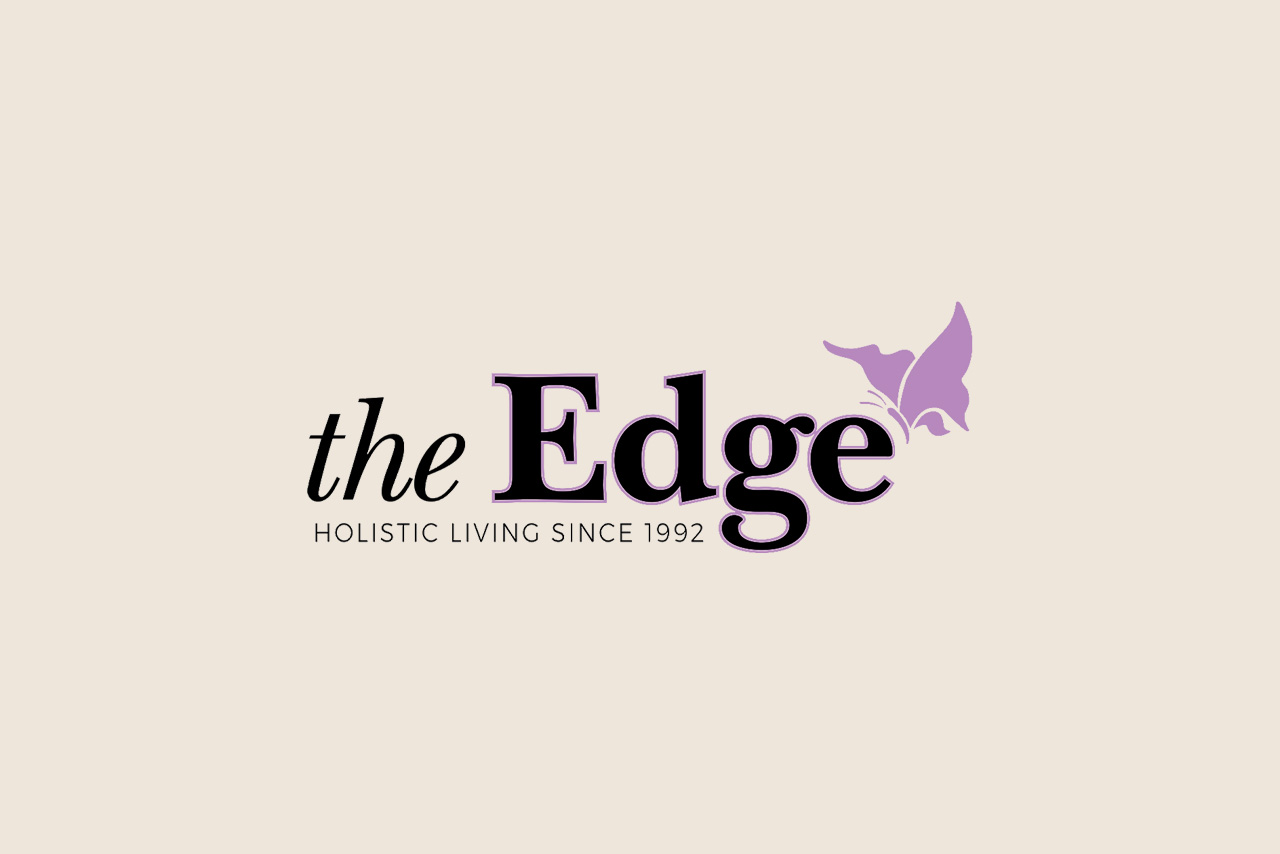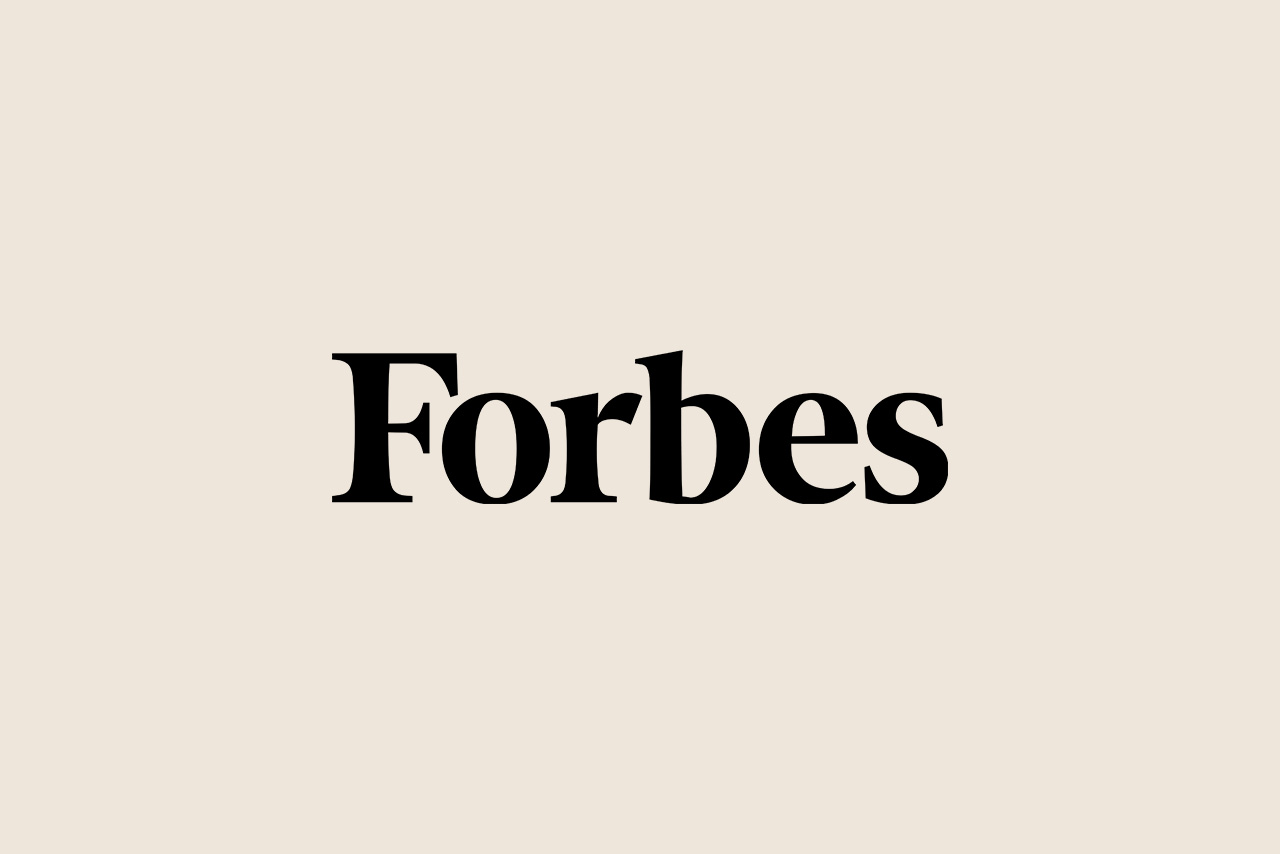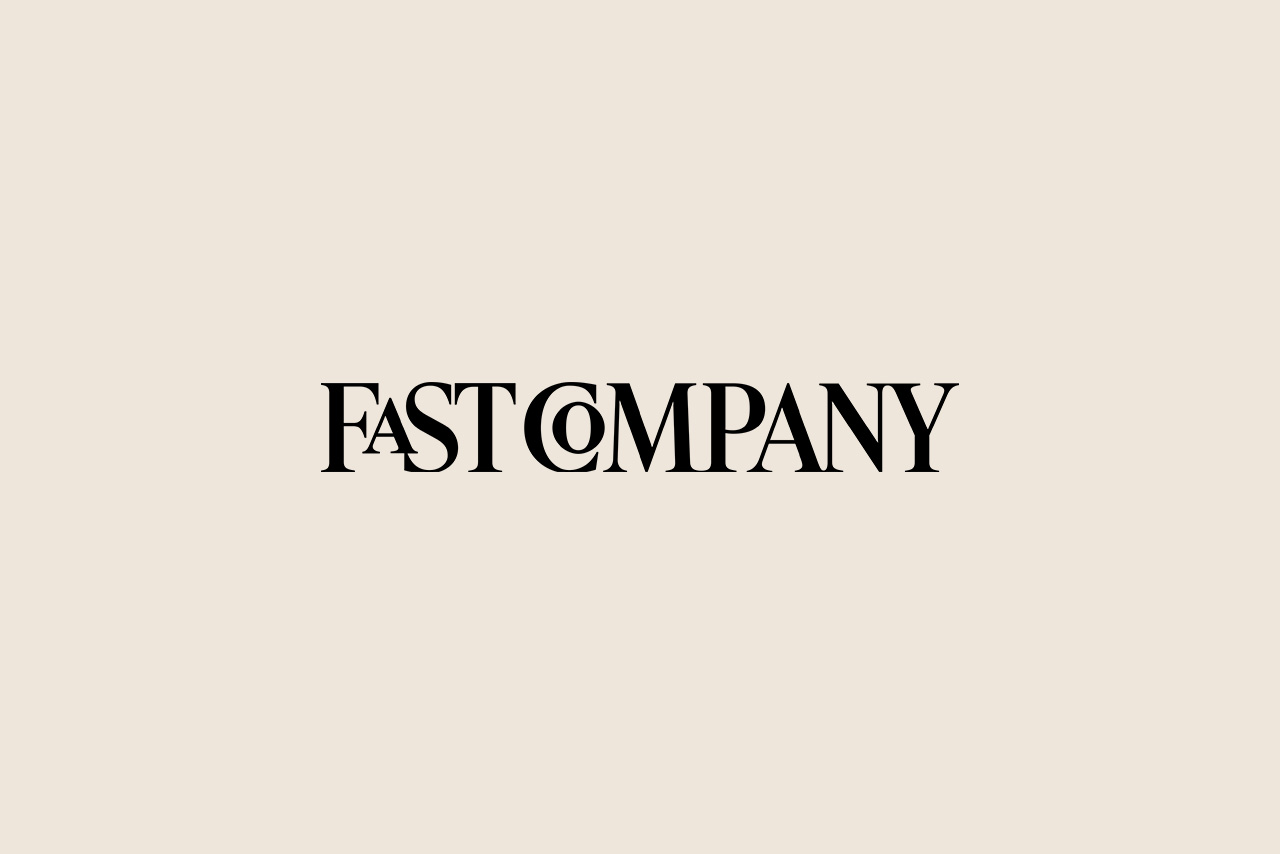
At the heart of twenty-first century working life there is a paradox. Many of us are caught between always striving for growth (individually and commercially) and not being able to stop.
We live in a complex and demanding world – and levels of complexity are on the rise. Digital living requires us to be always switched on. The sheer volume of demands on leaders is increasing exponentially with ever increasing portfolios, and fewer boundaries between working hours than ever before.
In a world that focuses on growth, on aiming high to do more, experience more, work more, earn more, achieve more and have more, how can we devise a way to say ‘I’ve done enough’ or ‘I’ve got enough’ – in a way that does not feel unambitious or even as if we’re giving up?
How can we in today’s culture re-balance how we do things so that we focus as much on what we have enough of as we do on striving for bigger, better things? Is it possible for us individually, in our organisations and our society to find a language for and give value to having enough? Pausing to recognise that feeling we get after a job well done, the satisfaction after a great meal or a conversation that has been really productive? Being replete. An elegant sufficiency. Enough.
This is cultural, psychological, physiological and organisational challenge. And I believe that for twenty-first century leaders, it is the challenge of our age.
In my work as a business consultant and executive coach, I spend a lot of time working with people and organisations who are striving to grow, develop and be the best that they can be. I work with hundreds of people – doing well, who are driven to succeed. Many of the people I work with put in long hours – dedicated, driven, passionate – and they do amazing things for their organisations and businesses. Often at the expense of their personal lives, health or simply a sense of balance.
A question that I frequently ask as a coach is ‘what is your point of enough?’ There are only 24 hours in the day, and only 7 days a week, and for some people in 21st century corporate world, it seems that this is the only boundary that they concede to.
The question, ‘what is enough?’ is not just a question for individuals and organisations – it is mirrored in our world. Our generation is hurtling towards irreparable climate damage, with, at best, a laissez faire attitude. More plastic is generated, exponentially, year on year, despite the fact that we know how damaging it is to our environment. We use more and more fossil fuels, and become increasingly extreme in our search for it, even though we know the impact it has.
What is driving us to behave in this way? What is the psychological imperative that is motoring our desire to do more, work harder, have more at considerable personal and societal cost? Why is there an addict-like resistance to stop and say: ‘that’s enough?’
There is a wealth of great literature and research about motivation and drive. Equally there is an abundance of literature about the importance of well-being and balance. Yet often these things are experienced as being either / or – incompatible with the real demands of a successful career. If you are ambitious and career focused, you somehow have to sacrifice the idea of balance and if you are focused on well-being, you risk being overlooked for the top jobs because you are perceived as not being prepared to put in the hours.
We know we need to change how we do things somehow, but we lack a framework, positive language and shared sense of value given to how. Along with many others I believe that this is now imperative for all of us, whether we are corporate executives or people juggling a career with home life.
I believe that finding the point of ‘enough’ is not a static state. It’s an art form. That’s why I call it, THE ART OF ENOUGH. An art form because for each of us to find and live with a sense of ‘enough’ in all areas of our lives is highly individual, personal and creative. There is no ‘right’ way. It’s generative and requires conscious thought, discipline and attention – like any art form. Learning how we can identify what we want to do and achieve in all areas of our lives, and then live with this balance is not easy. It is like creating something fragile and carrying it with us every day.
I am interested in exploring how we can give credence and priority to the Art of Enough? What tools, tips and wisdom can we share with each other to help create this state? None of us exists in isolation. We are all part of a system – a complex system. And as more of us begin to find our own personal axis of ‘enough’, slowly but surely, our teams, organisations, families and societies will start to change too.
In my blog, I will consider this challenge, for individuals, organisations and societal trends. I will talk to others who are working with this question – leaders, managers, psychologists, neuroscientists, mindfulness practitioners and business specialists.
And I will be my own guinea pig – reading, learning from others and experimenting on my own life with the tools, techniques and ideas that I come across.
So, as I explore this for myself, with others and with you, I hope that we can build a framework for the Art of Enough, where through a range of practices, at personal, business / organisational and societal level, each of us can define for ourselves The Art of Enough


